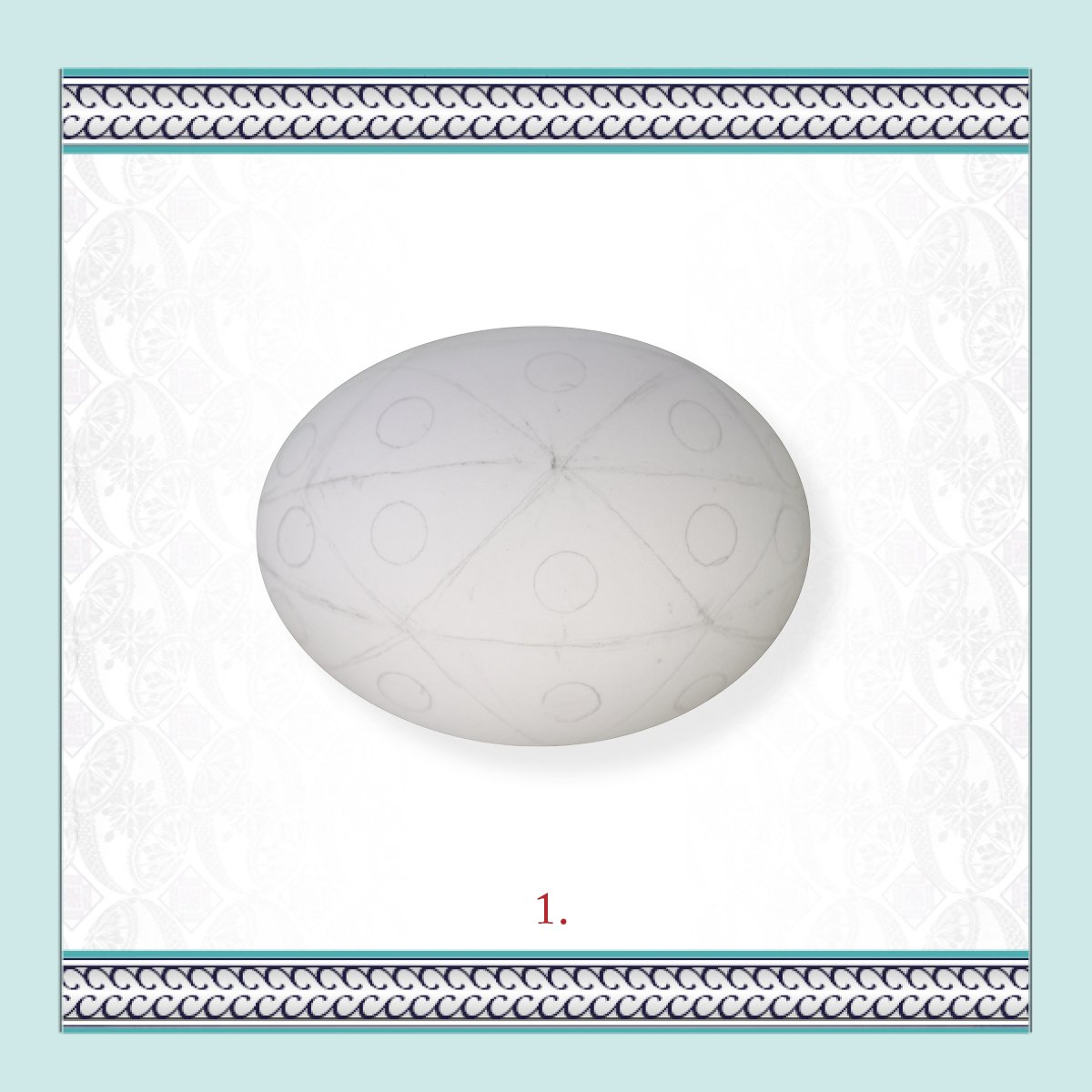Set Forward The Day
Blog #72
Astronauts truly have a unique perspective on the world. In 1968, astronaut Colonel Frank Borman was 230,000 miles away in space orbiting the moon on Apollo 8 when he transmitted to a listening world — almost a billion people in 64 countries — this prayer:
“Give us, O God, the vision which can see
Thy love in the world in spite of human failure.
Give us the faith to trust Thy goodness
in spite of our ignorance and weakness.
Give us the knowledge that we may continue to pray
with understanding hearts, and show us what each one of us can do
to set forward the day of universal peace.”
The Apollo 8 mission, occurring during a time when there was much upheaval in the US and most of the world, was an amazing event. These three astronauts, the first humans to orbit another celestial body, survived a mission that they had given only a fifty-fifty chance of being a success. Astronaut Bill Anders’ photograph of the earth rising above the lunar horizon, known as Earthrise, was honored as a postage stamp. In addition to the above prayer, the Apollo 8 astronauts read selections from the Book of Genesis:
“In the beginning, God created the heaven and earth…”
Colonel Borman’s prayer seems a fitting way to begin a New Year, and
any new day, when much of the world, like then, is in upheaval.
For some, this out-of-this-world experience has profoundly influenced their spiritual perceptions. James B. Irwin, an astronaut on the Apollo 15 expedition to the moon
in 1971, expressed his feelings in these words:
“You are almost struck dumb sometimes by the beauty you see…. I think that as we go out to the moon and other planets, it will make us appreciate God’s creation more, and in giving us a closer relationship with Him, will give us a closer relationship with each other…. I felt the power of God as I’d never felt before.”
let Peace Begin with Me
Lord, make me an instrument of your peace,
Where there is hatred, let me sow love;
where there is injury, pardon; where there is doubt, faith;
where there is despair, hope; where there is darkness, light;
where there is sadness, joy;
O Divine Spirit,
grant that I may not so much seek to be consoled as to console;
to be understood as to understand; to be loved as to love.
For it is in giving that we receive; it is in pardoning that we are pardoned;
and it is in dying that we are born to eternal life.
Amen
Ukrainian folklore characterizes pysanky as a symbolic, talismanic writing that invokes a higher Universal Power for help, while believing with faithful certainty that It will. The contemporary version of this characterization is a paper-and-pen journaling practice called prayer writing. Both develop a personal relationship with God.
Copyright © 2024 Nancy Kopack.
All rights reserved.







